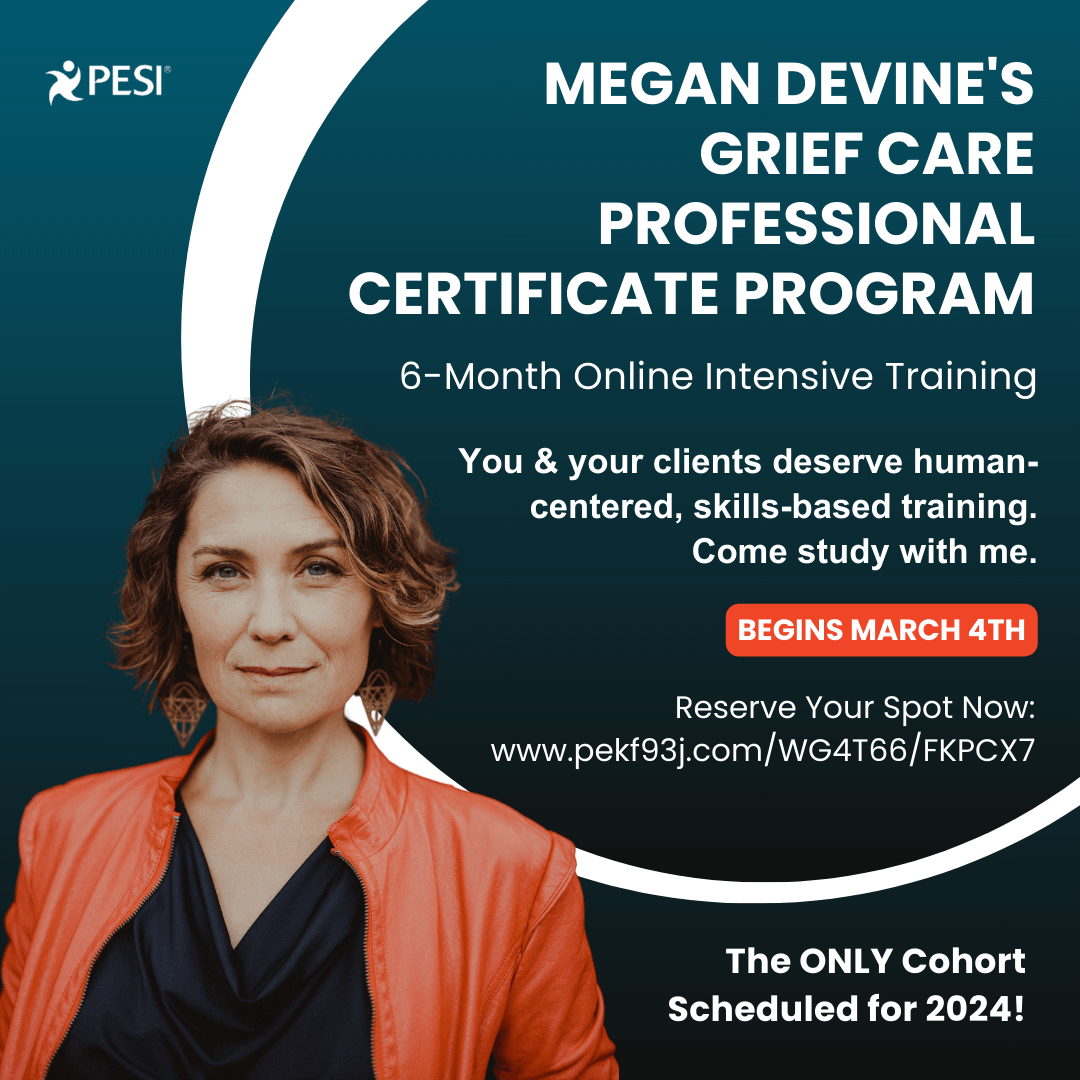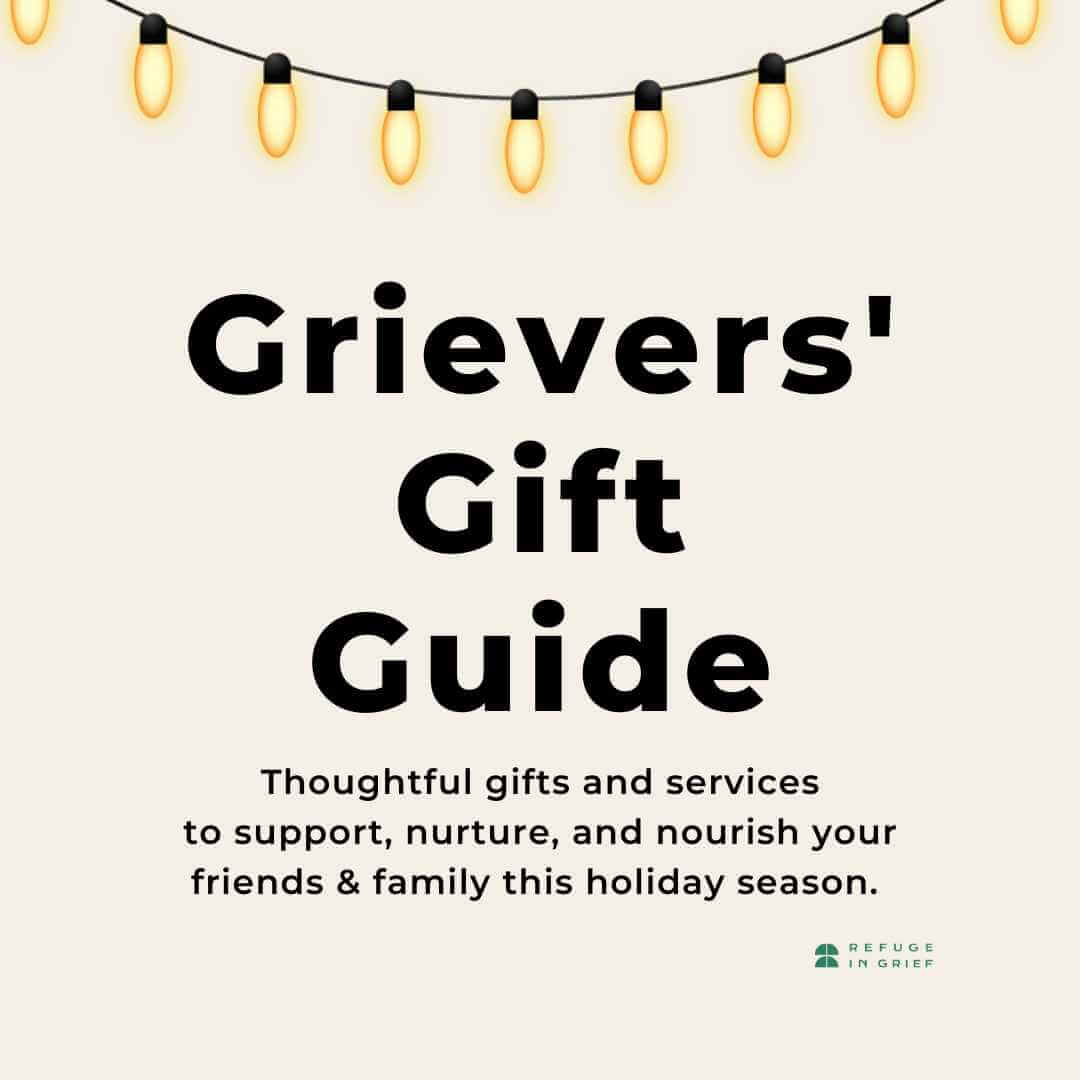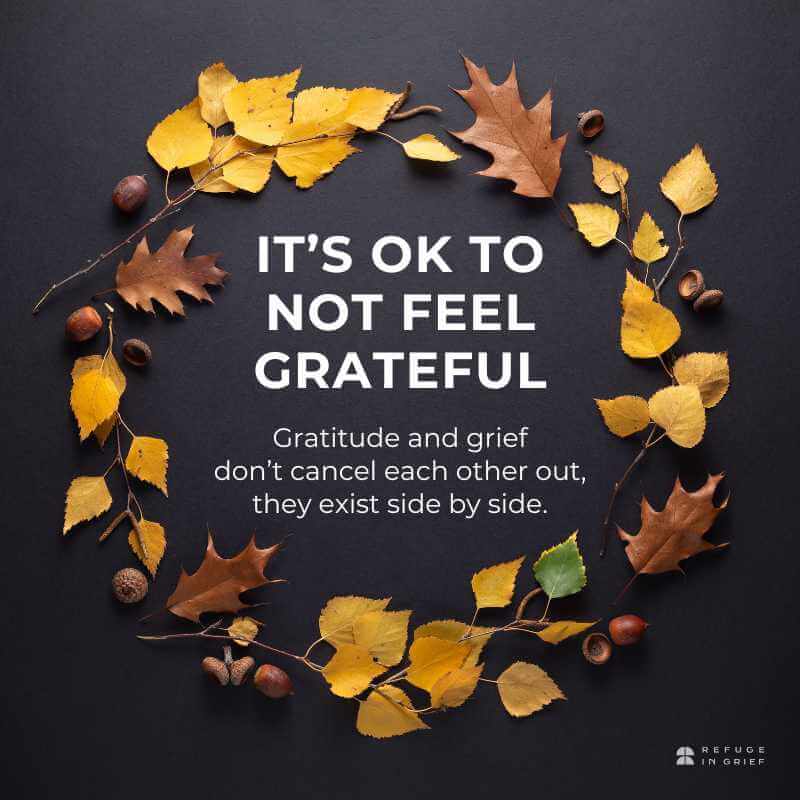Worried about your friends? How to talk about suicide.
I’ve been talking about suicide a lot lately: why it happens, who’s at risk, and how to help your friends and family.
We always seem to talk about this stuff when a celebrity dies by suicide. Those high profile deaths put suicide awareness on everyone’s radar – at least until the next news cycle. This can be tricky for those living on after the death of someone they love. For a short moment, people are talking. Maybe these celebrity deaths make those close to you ask about your person. Maybe they make those close to you lean in a little closer. Check in on you in your grief. Maybe it opens up a whole new dialogue, something that’s been missing as you live inside your grief.
Most often, that doesn’t happen. It’s this weird cultural quirk: we’ll talk about the deaths of those we haven’t met (and yes, celebrity deaths really can affect you even if you never met the person), but we’re hesitant to discuss – often even oblivious – to the suicide deaths of those in our actual communities.
We’ve come a long way in talking about suicide. We’ve still got light-years to go.
The number one question I’m asked when we start talking about suicide is what signs to look for, and how to help those close to you if you’re concerned for their safety. There are surprising answers to those questions in this conversation AM/NW’s Helen Raptis and I had recently. Be sure to watch the video to learn the real hidden factors behind those rising suicide rates.
But here’s the thing: it IS really important to know the warning signs, and to look out for your people. And. Most people who have lost someone to suicide did all the right things. They saw the signs. They encouraged the person to get help. They offered to take them to counseling appointments, went with them to the doctor’s office. Begged. Pleaded. Turned their lives inside out just to show how much their person was loved – and their person died anyway.
It's this weird cultural quirk: we'll talk about the deaths of celebrities, but we're hesitant to discuss - often even oblivious to - the suicide deaths of those in our actual communities. Click To TweetThis is a crappy reality: you can’t save everyone. You can do the best you can, make all the right moves, say all the right things – and the ultimate decision belongs to your person. Global News Radio host Kelly Cutrara and I discussed this very thing, and why it’s so important to know the difference between supporting your person and saving them. Listen in to our conversation at this link.
And remember to watch my AM/NW conversation with Helen. As always, we cover a wide range of territory, and she asks great questions. There’s a new suicide resource page on the RIG site too, so check that out for more videos, interviews, and links.
Grief is really rough. It takes a toll on your mind, your body, your relationships – everything. Feeling like you’d rather not wake up in the morning is very different than thinking about actually harming or killing yourself. Please. If your pain is too great, reach out for help. There are people who have been where you are.
If you are in crisis, call the U.S. National Suicide Prevention Lifeline, a free, 24-hour hotline, at 1.800.273.8255. If your issue is an emergency, call 911 or go to your nearest emergency room. Additional helplines – including those outside of the US – can be found here. The content and comments sections on Refuge in Grief are not a substitute for compassionate, skilled care in your chosen communities. For more on the limits to the service we provide, please read our safety page, here.
 How about you? How has the recent media attention around suicide impacted your life? Let us know in the comments.
How about you? How has the recent media attention around suicide impacted your life? Let us know in the comments.


